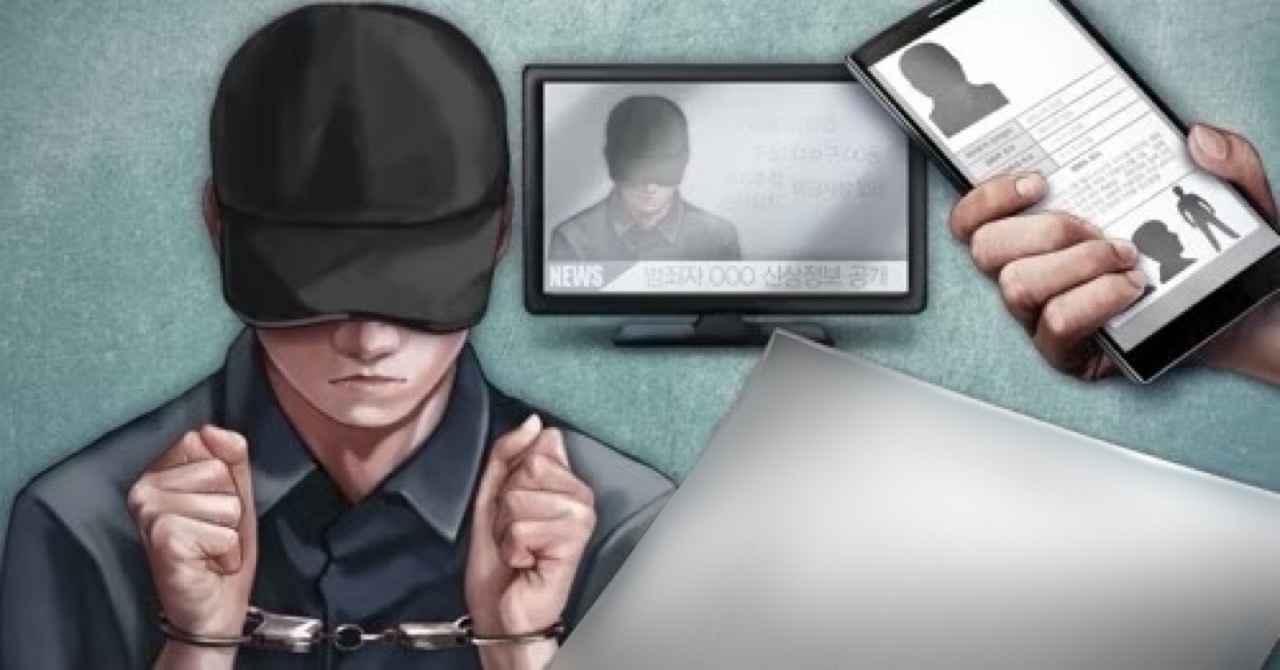 |
|
▲ Free source image related to personal information disclosure (Source: Yonhap News) |
An Internet site titled, "Bad Landlord," was opened on the 25th, and personal information such as photos, names, birth dates, and addresses of seven landlords, including Kim, who died last year without returning the deposit of more than 1,000 houses, were released. When accessing the site, you can see the representative phrase, "We disclose bad landlords!" and the explanation, "We accuse bad landlords, who eat well and live well with the money they extorted after paying for their crime, as they only received a light penalty or a fine even after their conviction of extortion." The operator of the, 'Bad Landlord,' site said in an e- mail that after receiving documents about malicious landlords and going through a review process, he notified the landlord of the disclosure of his personal information and posted information on the website two weeks later.
In this way, the act of punishing criminals by individuals or groups without public power or judicial procedures is called, 'private sanctions.' Private sanctions are illegal in today's rule of law countries, but they are still receiving a popular response from the public in the current reality because the domestic legal system cannot keep up with the people's legal consciousness. According to the National Law Awareness Survey Research Report published by the Korea Institute for Legal Affairs in 2021, more than 87.7% of the public thought the current level of punishment in the rule of law was insufficient. In the midst of the public's social resentment, there have been several sites for private sanctions, even before the, 'Bad Landlord,' such as, 'Bad Fathers,' and, 'Digital Prisons.' In the case of Bad Fathers, it is a site that discloses the personal information of parents who do not pay child support for underage children, and has received enthusiastic support from the public for bringing the problem of unpaid child support to the surface. In addition, Digital Prison, which discloses personal information of sex offenders, caused a big stir by disclosing personal information such as photos, ages, and schools of large domestic digital sex crimes such as, 'Welcome to Video,' and 'Nth Room.' Some welcome such private sanction sites to prevent further personal or financial damages to victims, but some are concerned that legal problems such as defamation could occur. Under the current law, if you defame others by posting personal information in a place that can be seen by many, you can be sentenced to up to two years in prison, and a fine of up to 5 million won.
In fact, Koo Bon- chang, CEO of Bad Fathers, was sued for defamation by some parents who had unpaid child support, whose personal information was disclosed on the site and is currently waiting for the Supreme Court's judgment. The operator of the Digital Prison was also sentenced to four years in prison and 18.9 million won in fines for unauthorized disclosure of personal information of violent criminals in December 2021. In addition, private sanctions have a fatal problem in that the reliability of information is low because they are activities conducted by individuals, not investigative bodies. For instance, a college student whose personal information was disclosed in the name of producing sexual exploitation in a Digital Prison died claiming innocence, and the identity of an innocent person with the same name was revealed as the perpetrator of the sexual assault case of a middle school aged girl. It was even revealed that the Digital Prison was not established for public interest purposes, but that the Nth Room operator and drug offender established it for the character defamation of an uncooperative member, making headlines later.
Private sanctions, which were the main means of maintaining order in ancient society, were banned after the judicial system was established. The principle of, 'prohibition of self- rescue,' that individuals should not exercise their own right to punishment monopolized by the state, is also the basis of the rule of law. If punishment is carried out by individuals, not by the state, with various standards and methods, order is destroyed and society eventually falls into a state of lawlessness. The legislature and the judiciary should carry out punishment in accordance with the people's consciousness to resolve public distrust, and the people should also be cognizant of their own actions while conducting social monitoring.
By Seo Ji-min, reporter jmseo1215@naver.com
<저작권자 © The Campus Journal, 무단 전재 및 재배포 금지>

 Shrinkflation, Consumer Deception
Shrinkflation, Consumer Deception




